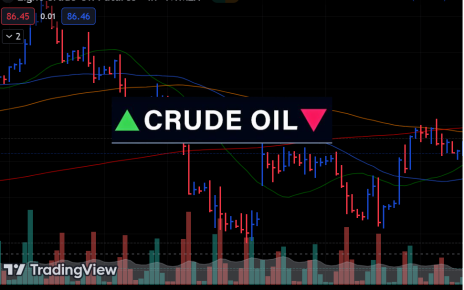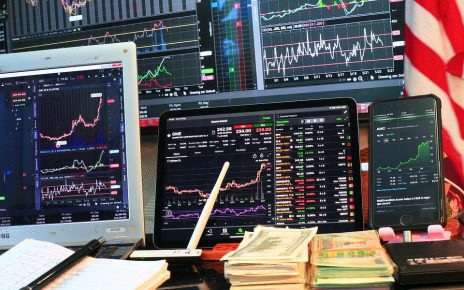- Investors worry over ongoing protests in China.
- PBOC will release about $70 billion to boost the Chinese economy.
- There is growing resentment of the Zero-COVID policy in China.
The Equities market fell on Monday as concerns over the control of the virus in the second-largest economy in the world increased following unusual protests against the country’s tight zero-COVID restrictions in major Chinese cities.
“The market does not like uncertainties that are difficult to price, and the China protests fall into this category. It means investors will become more risk-averse,” Gary Ng, Natixis economist in Hong Kong, told Reuters.
Any reassurance for investors provided by the central bank’s 25 basis point reduction in the reserve requirement ratio (RRR), announced on Friday and releases around $70 billion in liquidity to bolster a sputtering economy, was dwarfed by the greater concerns about China’s COVID policies.
There were clashes between demonstrators and police in Shanghai on Sunday night as protests over the nation’s draconian COVID restrictions erupted for the third day. There were also demonstrations in Wuhan, Chengdu, and several areas of the capital Beijing as COVID curbs were implemented to stop new breakouts.
President Xi Jinping’s famous zero-COVID policy has been the source of growing resentment, contributing to a surge of civil disobedience and clashes between protesters and police. The protests are undoubtedly rare, and the entire world is closely watching Beijing to see how it responds to the developing crisis. China has reported a record number of new COVID cases for four days.
The COVID spike and widespread discontent ended any short-term market optimism that China’s economy was poised to reopen. Growth will continue to be hindered by the restrictions, which don’t appear to be going away anytime soon.

A further indication that China’s economy is deteriorating is expected to come from the PMI report. The figures are expected to indicate that China’s industrial and service sector activity contracted in November.
“Even if China is on a path to eventually move away from its zero-COVID approach, the low level of vaccination among the elderly means the exit is likely to be slow and possibly disorderly,” CBA analysts said on Monday. “The economic impacts are unlikely to be small.”
The global economy will suffer as long as China’s economy is declining hence the relationship between equities and developments in China.





